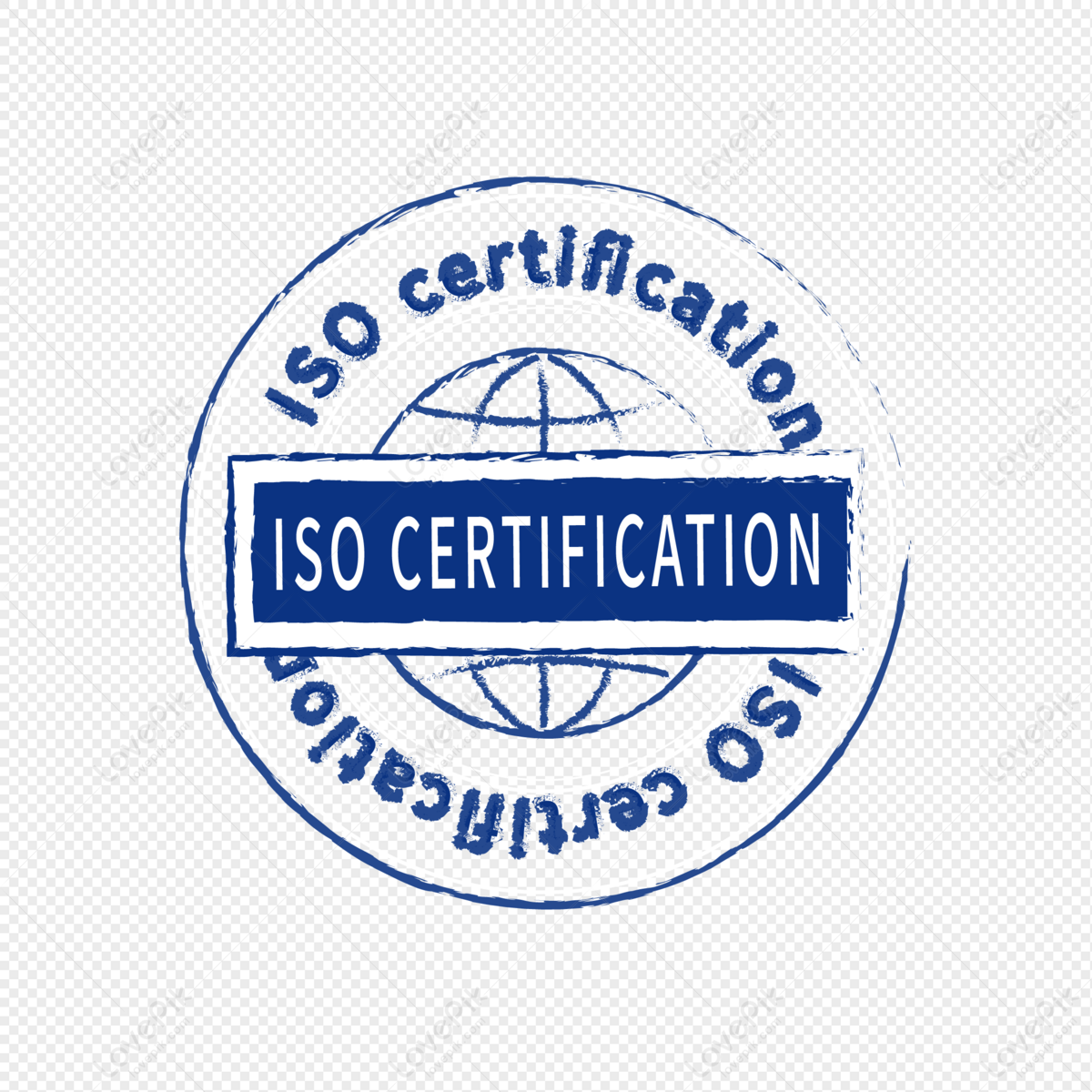
Service Info:
- Short Name : ISO Certificate
- Category : Trust
- Subcategory : Services
- Amount : ₹1600.00
ISO certification is an official acknowledgement
that an organization meets with certain internationally agreed standards
(published by the International Organization for Standardization (ISO)). ISO
establishes guidelines for products, services, and systems to ensure they are
safe, reliable, and of good quality. Examples of ISO certifications are quality
management (ISO 9001), environmental management (ISO 14001) and many others.
Service Description:
Objective of being ISO Certified
The primary objective of being ISO certified is to
improve organizational performance by providing a structure for consistency
with quality, and efficiency. The desired outcomes include:
·
Improve customer satisfaction by
certifying that the product or service delivered is what was presented when the
customer purchased it.
·
Greater efficiency by ensuring that
ineffective methods and waste can be easily identified, and eliminated.
·
Increased marketability and
competitiveness by being able to demonstrate compliance to a standard
recognized internationally.
· A continuous improvement culture is established that is sustained at all levels of the organization.
Benefits of ISO Certification
There are several benefits of being ISO certified:
·
Improved
Quality: Organizations can achieve operational standards
that improve their product or service quality through standardization of
operational processes.
·
Increased
Efficiency: A focus on streamlining operational
processes leads to waste eliminations and cost savings.
·
Marketability:
Qualifying as ISO can add market advantages.
·
Customer
Confidence: Certification will increase customer’s
confidence because it assures customers of a commitment to quality and
reliability through a third party certifying organization. In simple words, Certification
builds trust with customers, as it shows commitment to quality and reliability.
· Regulatory Compliance: ISO frameworks can help organizations comply with the legal and technical requirements more effectively.
Applicable
Fee for ISO Certification
The applicable
fee for ISO certification in India varies depending on the certification body,
the size of the organization, and the scope of certification. The fees
typically include:
- Certification
fees: These fees cover the cost of audit and
certification.
- Surveillance
audit fees: These fees cover the cost of
regular audits to ensure ongoing compliance.
- Registration fees: These fees cover the cost of registering the organization on the certification body's database.
ISO
Certification Processing Time
The ISO certification processing time in
India typically takes 3-6 months, depending on the complexity of the
organization and the scope of certification. The process involves:
- Pre-audit
- Stage 1 audit
- Stage 2 audit
- Certification
Types of ISO Certification
There are over 23,000 ISO standards, but
some of the most popular ones include:
- ISO
9001:2015 (Quality Management System)
- ISO
14001:2015 (Environmental Management
System)
- ISO
45001:2018 (Occupational Health and
Safety Management System)
- ISO 27001:2018 (Information Security Management System)
ISO Certification Process in India
Step 1: Choose the Relevant ISO Standard
The first step involves selecting the appropriate
ISO standard that aligns with the organization's goals. Common standards
include:
- ISO
9001: Quality Management System
- ISO
14001: Environmental Management System
- ISO
27001: Information Security Management System
- ISO
45001: Occupational Health and Safety Management
System
- ISO
22000: Food Safety Management System.
Step 2: Select an ISO Certification Body
Organizations must choose a credible ISO
certification body (also known as an ISO registrar). It is essential to
evaluate several certification bodies based on:
- Their
accreditation status.
- Compliance
with CASCO standards (the committee responsible for conformity
assessment).
- Experience
relevant to the industry.
Step 3: Application Submission
Once a certification body is selected, the
organization submits an application form. This application outlines the rights
and obligations of both parties and includes details about liability issues and
confidentiality.
Step 4: Document Review
The chosen certification body conducts a review of
all relevant documents, including quality manuals and existing policies. This
review helps identify any gaps between current practices and ISO requirements.
Step 5: Pre-assessment Audit (Optional)
Some organizations may opt for a pre-assessment
audit. This initial review identifies significant weaknesses or omissions in
the Quality Management System (QMS), allowing organizations to correct
deficiencies before the formal registration assessment.
Step 6: Prepare an Action Plan
After identifying gaps, organizations must prepare
an action plan to address these issues. This plan should include specific tasks
needed to meet ISO standards, which may involve employee training on new
procedures.
Step 7: Onsite Inspection or Audit
The next step involves an onsite inspection by
auditors from the certification body. During this audit, they assess whether
changes have been implemented effectively and identify any non-conformity.
Non-conformities are categorized into minor or major based on their severity.
Step 8: Final Audit
If all non-conformities are addressed
satisfactorily, a final audit is conducted. The auditor verifies compliance
with ISO standards during this stage. If successful, they prepare an audit
report recommending certification.
Step 9: Granting of ISO Certificate
Upon successful completion of audits and resolution
of any outstanding issues, the certification body grants the ISO certificate.
This certificate signifies that the organization meets international standards
for quality management or other specified areas.
Step 10: Surveillance Audits
Post-certification, organizations must undergo
periodic surveillance audits to ensure ongoing compliance with ISO standards.
These audits help maintain quality management systems over time and encourage
continuous improvement within the organization.
In summary, obtaining ISO certification in India
involves several steps that require careful planning and execution to ensure
compliance with international standards.

